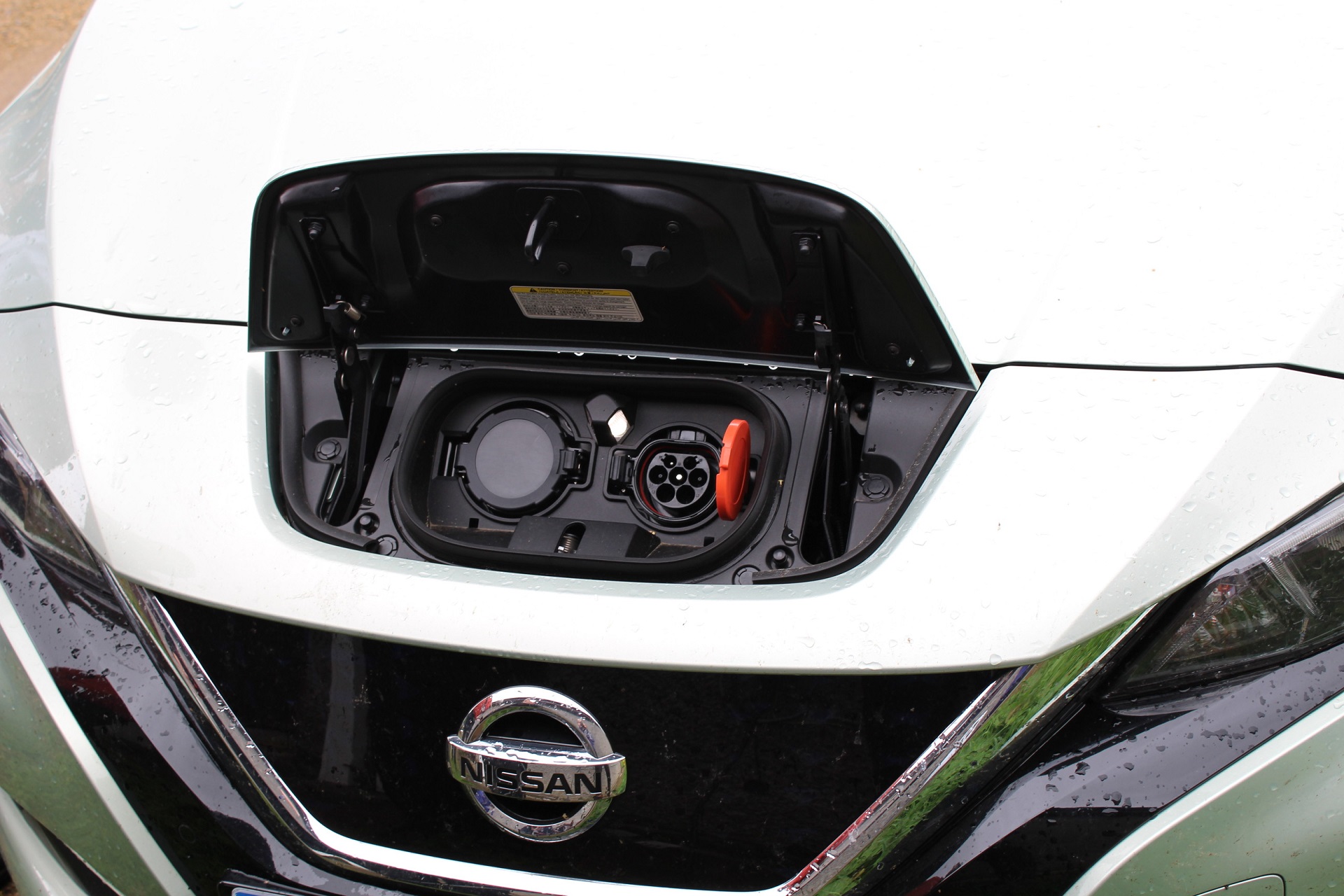Infrastructure for electric vehicles (EVs) across northern England is set to power up over the next eighteen months thanks to new government investment announced this month.
Cumbria Action for Sustainability is part of a partnership, led by Cybermoor and Charge my Street, which will join forces to deliver the Scaling On-Street Charging Infrastructure (SOSCI) project.
It’s one of twelve projects that will share £37 million funding to revolutionise the experience of owning an electric vehicle in the UK. The government aims for these innovations to encourage uptake of electric vehicles – a key aim of its Road to Zero strategy.
The twelve projects will support innovations including wireless charging technologies, meaning electric vehicles of the future could charge without the need to plug in a cable.
The news comes on the one-year anniversary of the Road to Zero strategy, which has driven a 60% increase in battery electric vehicle registrations this year compared to the same period in 2018.
Future of Mobility Minister, Michael Ellis, said: “We’re charging up the transport revolution and investing in technologies to transform the experience for electric vehicle drivers. Ensuring the charging infrastructure for electric vehicles is reliable and innovative is encouraging more people to join the record numbers of ultra-low-emission vehicle users already on UK roads.
“The Road to Zero strategy sets out new measures to clean up road transport and lead the world in developing, manufacturing and using zero-emission road vehicles. Through funding these projects, the government is incentivising drivers to move towards buying electric vehicles, supporting the key aims of the strategy.
The SOSCI project will deliver pilot electric vehicle chargepoint installations to work towards our vision for the 8 million homes without off-street parking to be within 5 minutes’ walk of an electric vehicle chargepoint. This will deliver increased take-up of electric vehicles, allowing people to save money on fuel costs; and reduced air pollution and CO2 emissions.
An earlier project has demonstrated that community investment can provide chargepoints and stimulate demand for EVs in areas without off-street parking. The challenge is to scale this up to other local authorities.
The project will:
a) build community owned charging infrastructure, based on local demand, mapping data and engagement with local organisations;
b) incorporate a variety of additional uses into chargepoint infrastructure — renewables integration, battery storage and defibrillators;
c) measure the social and financial value as well as technical / commercial implications;
d) install and manage chargepoints in the different situations; and
e) promote community shares in chargepoints through the www.chargemystreet.co.uk platform.
The project offers a new way for hard pressed local authorities to get chargepoints put into their area and make the most of their limited resources.
Daniel Heery, of Cybermoor and Charge my Street, said: “This project finally gives ordinary people the chance to have a chargepoint in their neighbourhood, accelerating the switch to electric vehicles and responding to the climate emergency. Residents can go to www.chargemystreet.co.uk to suggest chargepoint sites close to their homes.”
The announcement is another milestone for the government’s Future of Mobility Grand Challenge, which aims to tap into the extraordinary innovation across the country in order to make everyday journeys greener, safer, easier and more reliable.
The funding comes through Innovate UK, which drives productivity and economic growth by supporting businesses to develop and realise the potential of new ideas.

